I’ve seen several comments on the masters facebook page and in other venues regarding the discussion of masters regionals and if masters should be trained or treated different than other aged athletes. There appears to be a lot of opinion as to what should be done with the masters. First of all, let’s clarify the nomenclature of what I consider as masters. In any other sport, masters or seniors would generally be considered as anyone over the age of 30. In CrossFit, 40 is the threshold for masters competition. For the purposes of this blog, 40 is the magic number. So, any athlete 40 or over is considered masters.
Let’s take opinion out of the equation. There is a large volume of science on aging which supports that human physiology significantly changes in the fourth decade of life and beyond. There are many proposed reasons for these changes, but no matter the school of thought that you adhere too, there is agreement that the changes exist.
I think we can all agree that not all 40, 50 or 60 year olds are the same, meaning that aging and quality of life are individually specific.
There are several definitions of aging; chronological age, functional age, biological age, psychological, social and training age.
I saw a post by a CF HQ level 1 Trainer and several others which proposed that there should be no difference in how you train the masters versus the younger athlete. There were also several masters athletes who agreed with their supposition. This is obviously a significant area of disagreement. There were over 120 comments on one post over whether HQ should have a CF Masters Certification Course.
My experiential and evidential theory is that there is a need for alternate training and recovery models for masters, and that need is supported by the physiological differences that occur after the age of 40 versus prior age. For any trainer to suppose that there is no difference in the way a masters athlete versus younger athlete should trained, is merely opinion. I’ve trained with crossFit for over 6 years and have experienced the difference just that short timeframe has had on my recovery and response to specific training stimuli.
Here are some of the changes that occur past the age of 40;
Muscle mass loss accelerates after the age of 45
Muscle mass loss causes decrease in RMR, increase in body fat, decrease in aerobic capacity, a reduced blood sugar tolerance and a reduction in bone density
Cardiovascular performance declines by 10% per decade with an acceleration after the age of 50
Connective tissue looses flexibility and elasticity with increased cross-bridging and conversion in collagen. Aging also decreases water content of this tissues
Skin health decreases at a rate of 2% after the age of 30. You might not think that is of significant importance, but remember that your skin is the number one defense mechanism of your immune system
Bone mass decreases .3% per year after the age of 50 in both men and women
Flexibility decreases approximately 20-30% from the age of 30-70
Recovery from muscle damage declines more rapidly after the age of 40
Even though masters athletes are still human, or at least we think we are, there are obviously differences in the physiology of the aging athlete that are not factors at younger ages. My personal experience and the experience of almost every masters athlete I have trained or met, also supports this assertion. Training and recovery of the masters athlete is not necessarily of greater importance than younger ages, because it is of great importance for ALL ages of athletes. But, there is a difference in the approach to training and recovery of the masters athlete that requires an awareness and understanding of human physiology past the age of 40. To assert that there is NO difference in how you develop, transition, and train the older athlete is mere opinion and not supported by science.
Coach D
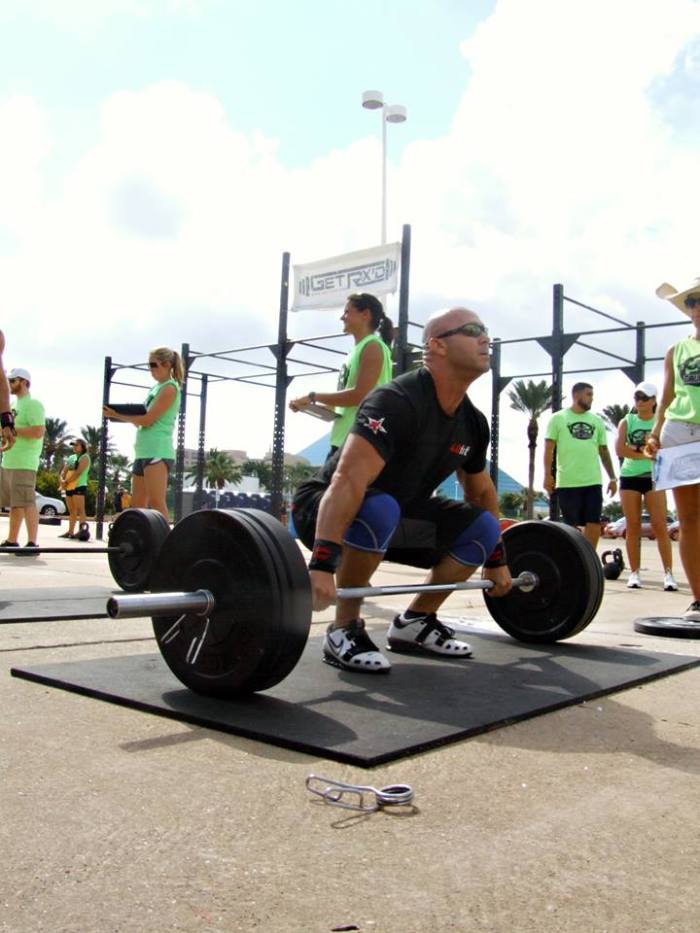
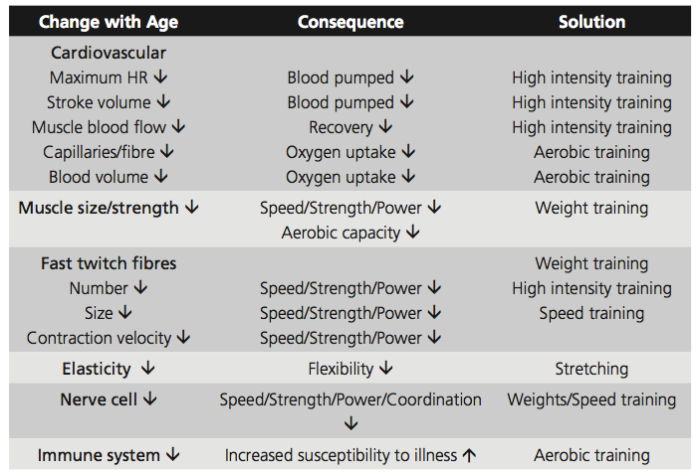
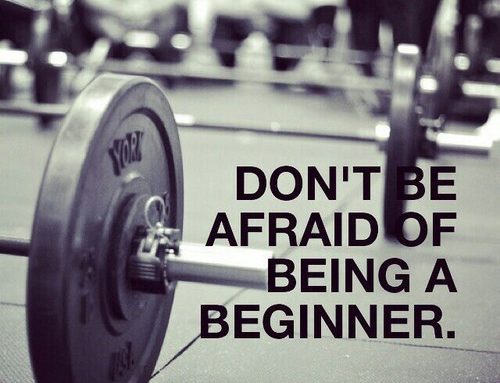
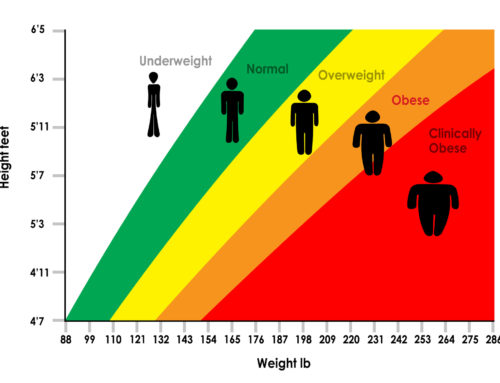
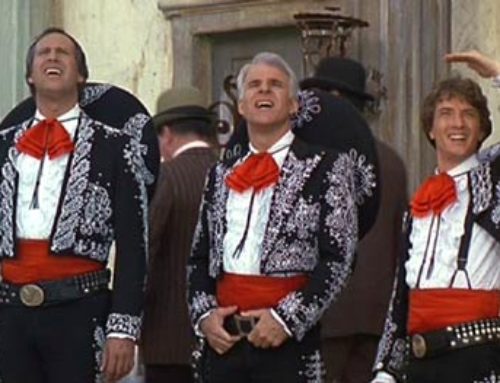
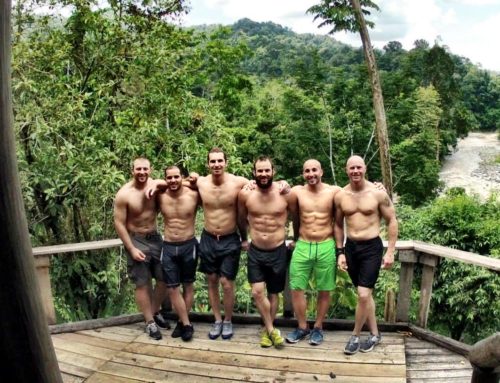
Coach D, I am relatively new to your blog and Facebook page. I appreciate the experiential and academic information you provide for the 40+ athlete. This post really hit home for me due to my quandary on how to train. I am 53 years old and for the past two years have come up just short of qualifying for the CF games in my age group. Two years ago I was 19 burpees away from qualifying. Last year it was some burpees and box jumps. My quandary is how do I train to get over that hump? I was beginning to be convinced I needed to be stronger even though for my age group I trend towards a higher level. But what gets me are the movements like burpees, wall balls, and thrusters. For example in the 2012 Open I made it well into the 165lb rep set of the snatch ladder. In last years Open I barely made it through the 135lb rep set. The only difference, burpees. So the question I have struggled to find an answer for is, do i increase my strength so that it takes less overall effort to do the rep or do i work more on interval type of training to try to increase my stamina? Then, an added dimension to the quandary are all the issues you bring up in this post. At this point I am trying the strength route by doing cycles of increasing weight for some movements like back squat. And others I work with a moderate weight in movements like the snatch so that it taxes me but I can still work on technique without hurting myself. My mantra has become patience by not trying to go too heavy, but do it in smaller increments. Is this valid thinking? In your experience have you seen 50+ increase their stamina? So far my body is holding up, save for tweaking my back a few months ago. That is what prompted the change in training and thought process. But I still want to make the games. Got any suggestions?
It sounds like from the limited amount of information that I have, that strength is your strength, for lack of better terms. Yes. I think maintaining your strength and working intervals, sprints, and singlets and couplet training would be the best way to develop increased metabolic capacity. But I would also, 1-2x a week incorporate some longer duration lower threshold runs, rows, swims to develop improved aerobic capacity. Interval work using high intensity, max effort movements, combined by enough rest to recover can be very powerful to promote performance. Example, 2 min all out efforts of single movements followed by 60-90 sec rests. Sprints (100, 200, 400m) all out efforts x 8 with full recovery between, etc… Also, combine more explosive movements with skill. Example, DU’s and box jumps.
I don’t want to believe it because I’m 45 and want to keep getting better and better at everything 🙂 That may be part of the problem with the folks that you saw post that there is no difference between Masters and Pre-Masters. They don’t want to face their own mortality either. Sadly, I feel all of the points that you listed but I shall not go quietly into that good night! I’m gonna go kicking and screaming and snatching.
Aaron, I feel your pain. I’m 47 and have the same thoughts. We can do, we just have to be more selective and smarter when we train. It’s all good! Awareness is the start because it makes us think first!